A home without books is a body without soul
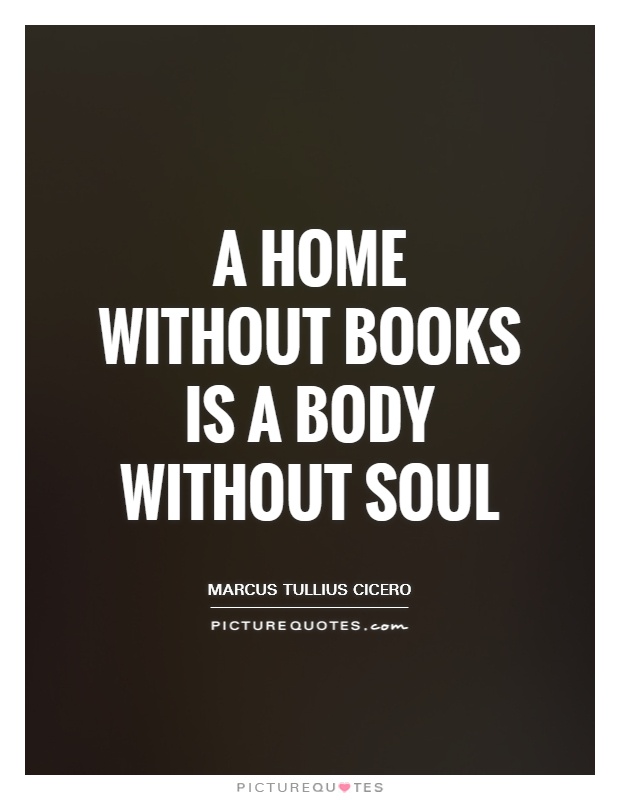
A home without books is a body without soul
Marcus Tullius Cicero, a Roman philosopher, statesman, and orator, once famously said, "A home without books is a body without soul." This profound statement reflects the importance of literature and knowledge in shaping one's character and enriching one's life.Cicero believed that books were essential for the cultivation of the mind and the development of one's intellect. He understood the power of words and the impact they could have on an individual's thoughts and beliefs. For Cicero, books were not just objects to be collected or displayed, but tools for personal growth and enlightenment.
In the context of Cicero's own life, books played a significant role in shaping his worldview and guiding his actions. As a prolific writer and speaker, Cicero drew inspiration from the works of ancient philosophers and poets, using their ideas to inform his own arguments and speeches. His extensive library was a reflection of his intellectual curiosity and his commitment to lifelong learning.
Cicero believed that a home without books was devoid of the nourishment that literature provides for the soul. Just as the body needs food to survive, the soul requires intellectual stimulation to thrive. Without books, a home is empty, lacking in substance and depth. It is like a body without a soul, existing but not truly living.
For Cicero, books were not just a source of knowledge, but a source of inspiration and comfort. They provided solace in times of trouble and guidance in times of uncertainty. In his writings, Cicero often turned to the wisdom of the ancients for guidance, finding solace in their words and drawing strength from their ideas.
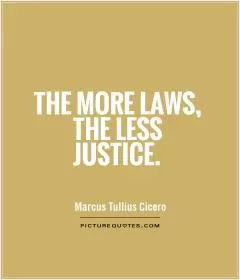
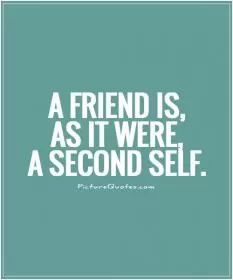
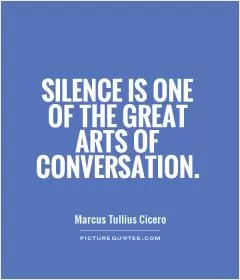
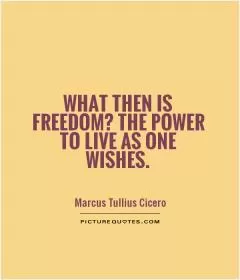

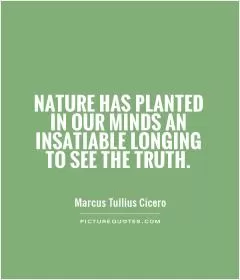


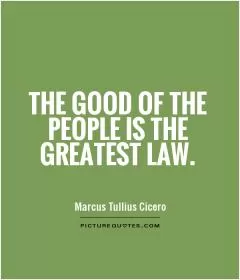

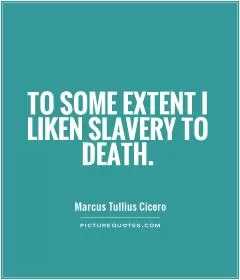
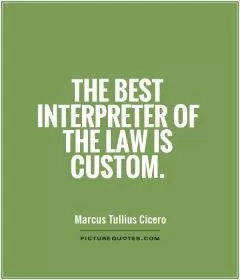
 Friendship Quotes
Friendship Quotes Love Quotes
Love Quotes Life Quotes
Life Quotes Funny Quotes
Funny Quotes Motivational Quotes
Motivational Quotes Inspirational Quotes
Inspirational Quotes